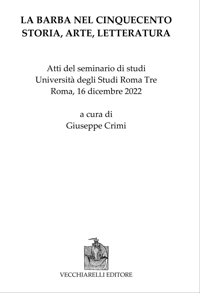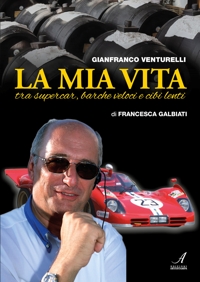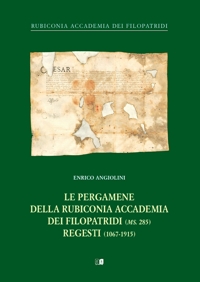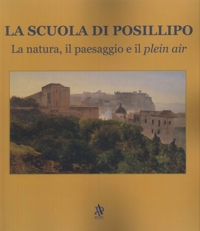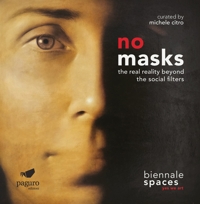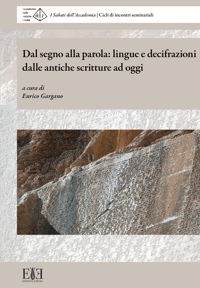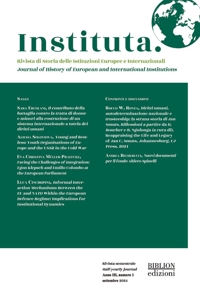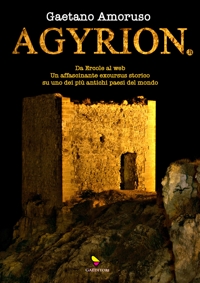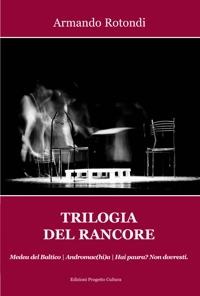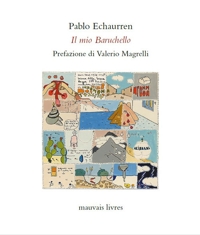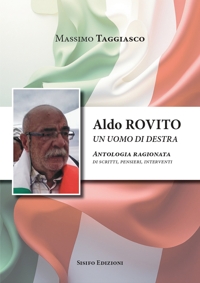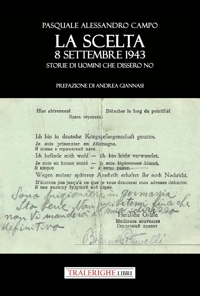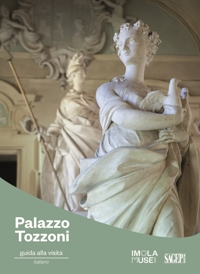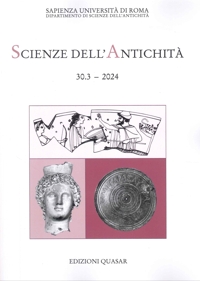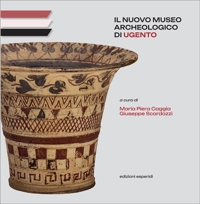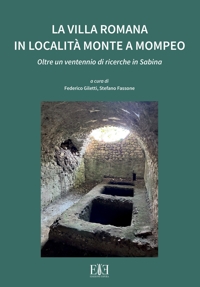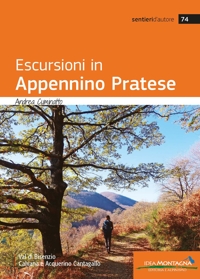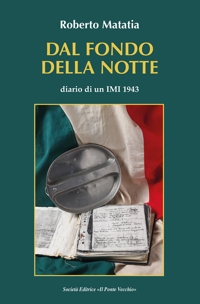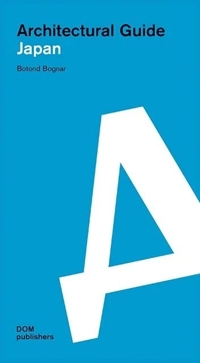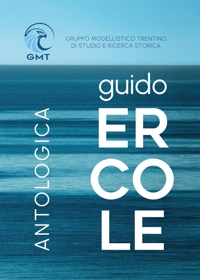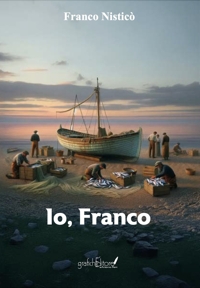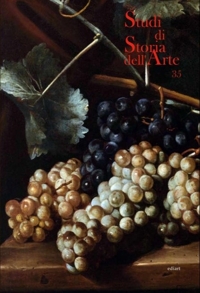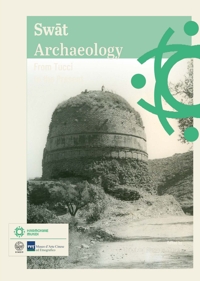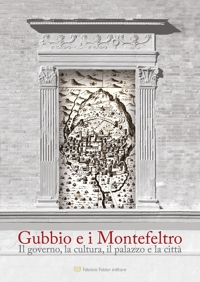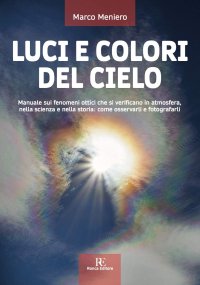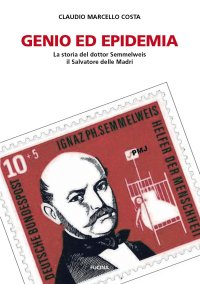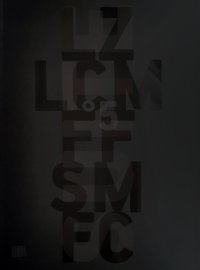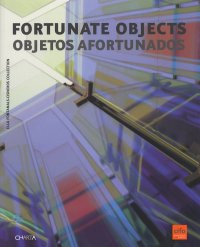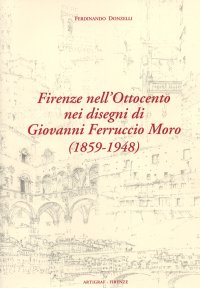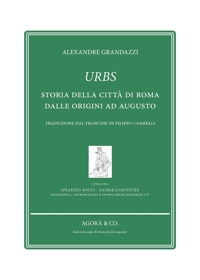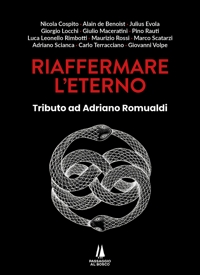Arturo Martini. I capolavori
Treviso, Museo “luigi Bailo”, 31 marzo - 30 luglio 2023.
A cura di Stringa Nico e Fabrizio Malachin.
Cornuda, 2023; br., pp. 278, ill. col., cm 23x29.
prezzo di copertina: € 33.00
|
Libri compresi nell'offerta:
Arturo Martini. I capolavori
Treviso, Museo “luigi Bailo”, 31 marzo - 30 luglio 2023.
A cura di Stringa Nico e Fabrizio Malachin.
Cornuda, 2023; br., pp. 278, ill. col., cm 23x29.
OMAGGIO (prezzo di copertina: € 33.00)
Studi su Arturo Martini. Per Ofelia
A cura di Matteo Ceriana e Claudia Gian Ferrari.
Milano, Atti del Covegno, 19 maggio 2008.
Milano, 2009; br., pp. 136, 97 ill. b/n, cm 17x24.
OMAGGIO (prezzo di copertina: € 29.00)
Canova. L'invenzione della gloria. Disegni, dipinti e sculture.
Genova, Palazzo Reale, 16 aprile - 24 luglio 2016.
A cura di Giuliana Ericani e Franceasco Leone.
Roma, 2016; br., pp. 306, ill. col., tavv. col., cm 23x30.
OMAGGIO (prezzo di copertina: € 35.00)
Il codice Alfa.M.5.24. Studio introduttivo di Anne Stone
LIM Editrice
Lucca, 2005; 2 voll., br., pp. 171, cm 17x21.
(Ars Nova. Nuova Serie).
collana: Ars Nova. Nuova Serie
ISBN: 88-7096-331-4 - EAN13: 9788870963311
Soggetto: Musica,Saggi (Arte o Architettura)
Testo in: 
Peso: 0.49 kg
These works deserve to be better known, and their obscurity is the result of a combination of historical and historiographical factors. There is no composer of this generation whose surviving works are as numerous as those of Machaut and Landini in the fourteenth century or Du Fay and Binchois in the fifteenth. From their tributes in individual pieces, we know that composers were patronized by the ruling families of various north Italian courts, such as the Visconti, the Carrara, and the Malatesta, but to date we lack enough information to piece together a comprehensive history of the musical lives of any of these centers much before the third decade of the fifteenth century. The turbulence caused by the papal schism, which lasted from i378 to 1417, either prevented the large-scale patronage of music composition that the popes of the fifteenth and sixteenth centuries routinely provided, or at least hid much of the evidence of such patronage.' Furthermore, Italian patrons of the early fifteenth century did not seem regularly to commission sumptuous musical manuscripts the way their later fifteenth-century counterparts did. For all these reasons, the decades surrounding the turn of the fifteenth century have long been relegated in music history textbooks to the status of "transition": there has developed neither a universally-accepted label for the period, perched as it is between "late medieval" and "early Renaissance," nor have we identified a composer of sufficient stature who can be taken to represent it the way Machaut and Du Fay serve their respective periods.
Our precarious knowledge of music produced in the courts of northern Italy and the schismatic papal chapels has nevertheless increased greatly in recent years. A number of music manuscript fragments has been recovered from the bindings of later books (and will surely continue to be uncovered in the future). But a large number of manuscripts, and therefore compositions, must of course be assumed to be lost. In this context, the historical importance of the few manuscripts of north Italian provenance that do survive more or less intact - the Lucca Codex (a number of its leaves were rescued from the bindings of sixteenth-century notarial books), the Reina Codex, and the subject of the present facsimile edition, the manuscript Mod A - can scarcely be exaggerated.'
Benaglia Giovanni € 17.10
€ 18.00 -5 %
Stefano Russo € 24.22
€ 25.50 -5 %
Incantevole Puglia. Fra arte, storia e natura. [Edizione Italiana e Inglese]

La Scuola di Posillipo. La Natura, il Paesaggio e il Plein Air






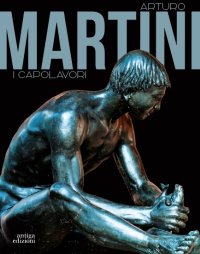

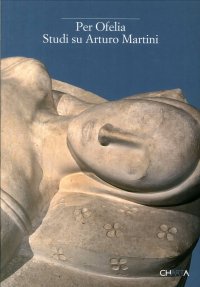
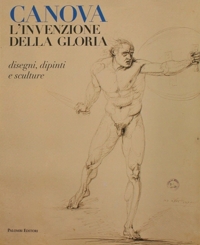
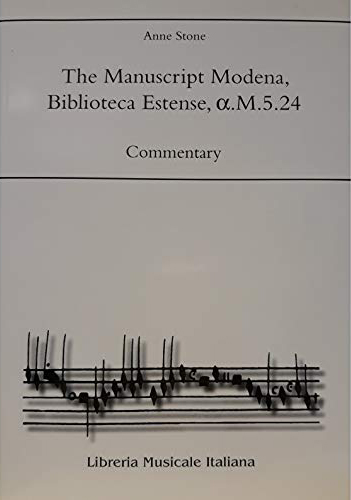


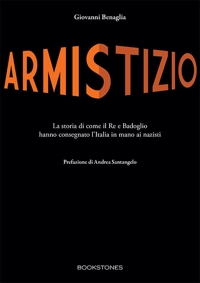
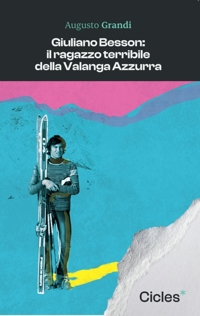
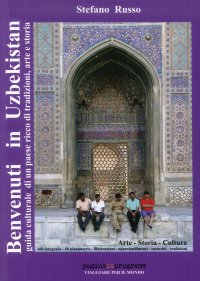
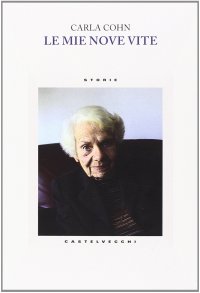
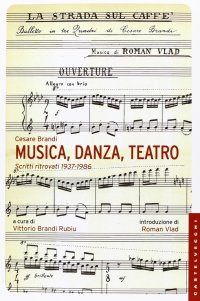
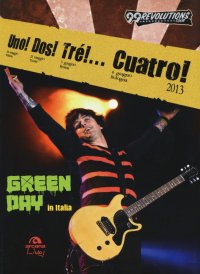
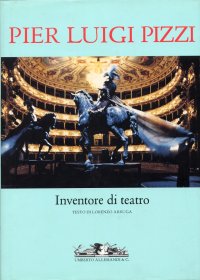
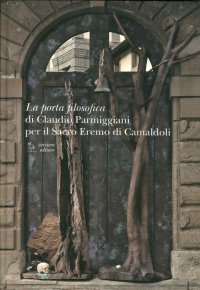
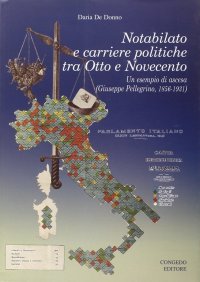

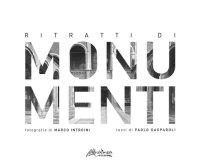
![Incantevole Puglia. Fra arte, storia e natura. [Edizione Italiana e Inglese]](https://immagini.libroco.it/copertine/IMMAGINI/3073/m-1536619.jpg)
